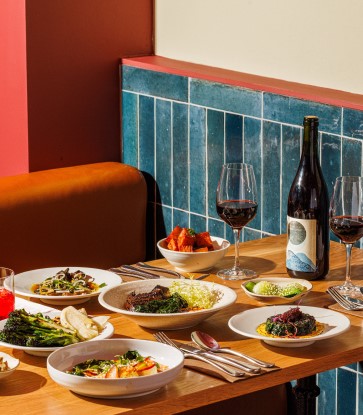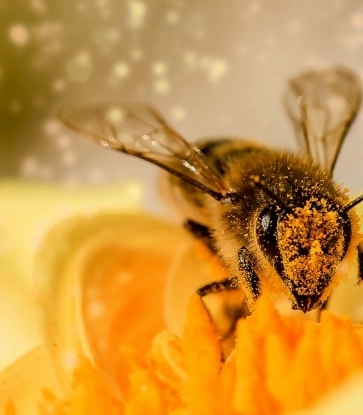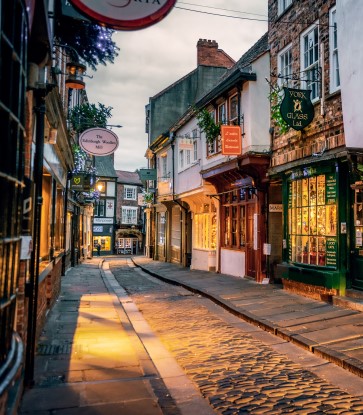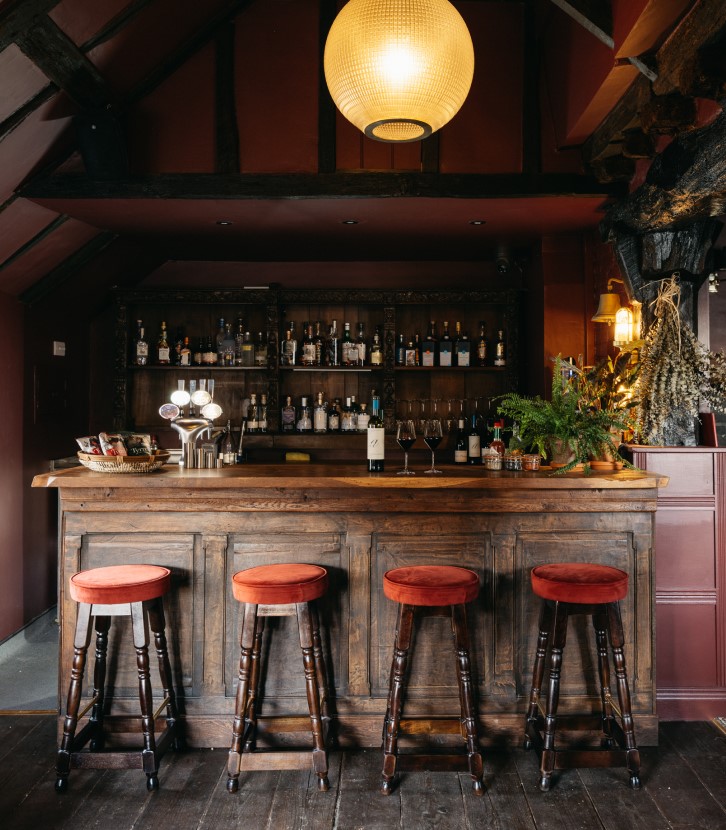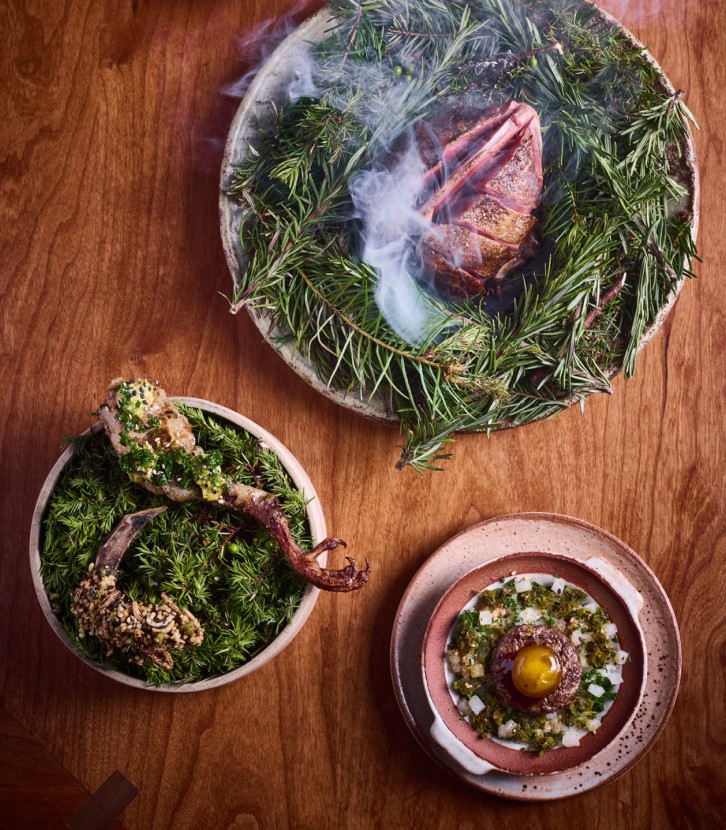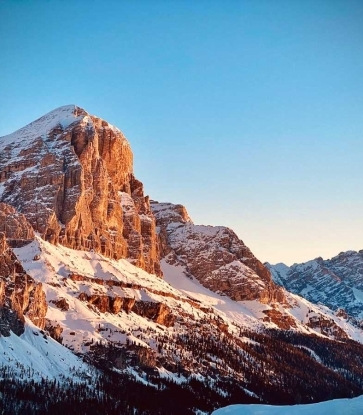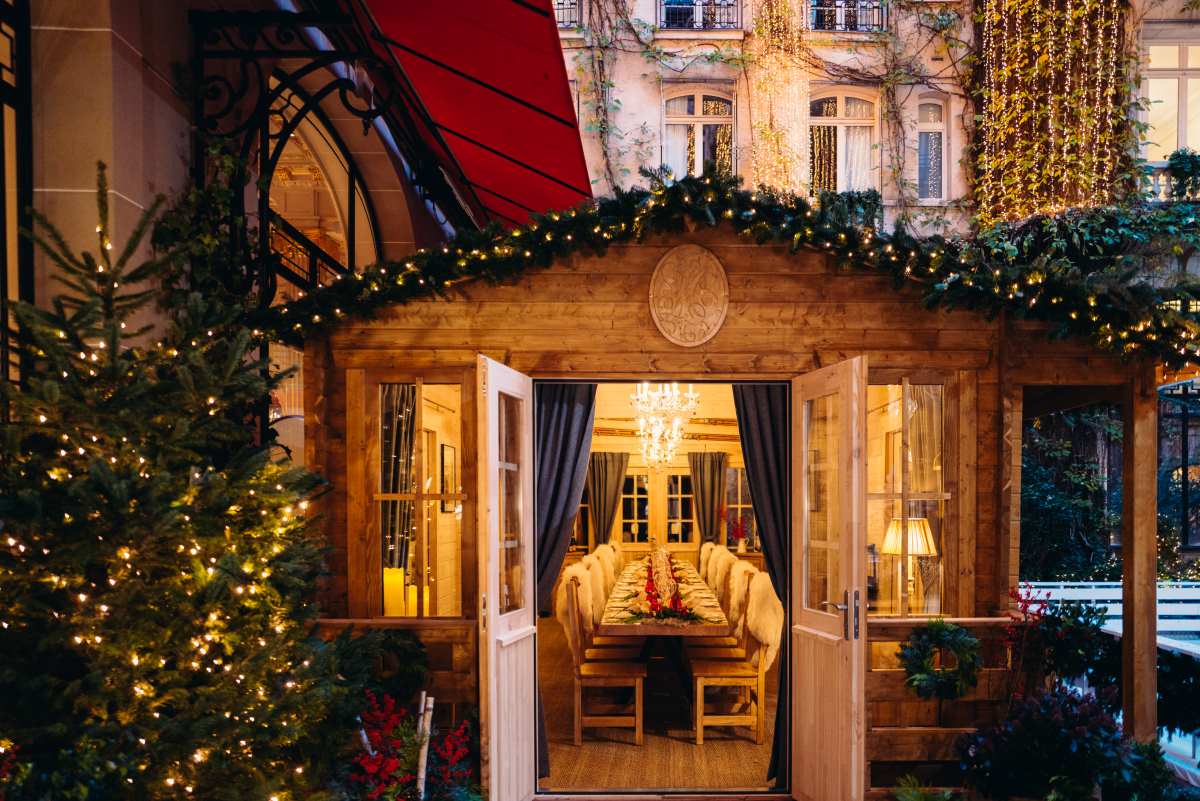In 1970, 20 million individuals in the USA came together to call for action around environmental protection, a mobilisation of society that led to the creation of the first Earth Day. By 1990, the event had grown to enter the world stage and, today, it is marked by over a billion people worldwide.
Earth Day is celebrated each year on 22nd April, with an ever-changing theme; 2025 is centred around ‘Our Power, Our Planet’. Not only does this initiative call for people to unite around the use of renewable energy – with the aim of increasing ‘clean’ electricity threefold by 2030 – but it also invites individuals to recognise that they hold the power to make a difference: it’s up to everyone to play their part.
Rejecting the notion that ‘mitigation and adaption’ are the only ways of addressing climate change, the Earth Day team instead shine a light on ‘natural processes, green technologies and innovative thinking’.

From local restaurants run by individual chef-owners to those that are part of chains and located the world over, Earth Day provides the perfect chance for them to take stock of their actions, as well as for the hospitality industry as a whole to consider its ‘foodprint’: the measure of the environmental impacts associated with growing, producing, transporting and storing food, from the natural resources it consumes to the pollution and greenhouse gases it produces.
When it comes to restaurants recommended in The MICHELIN Guide, many are already taking positive steps to minimise their impact on the planet, be that by cooking what’s in season, sourcing local produce, decking out their restaurant with reclaimed furniture or better managing their waste.
Restaurant Henry Robertson, set within the One-Michelin-Key Palé Hall Hotel in Llandderfel, Wales, is a perfect fit for the ‘Our Power, Our Planet’ mindset, as it comes with its own on-site hydro-electric plant, which provides carbon-neutral energy to power not only the restaurant but the entire hotel. Situated in the tranquil Dee Valley, with the Snowdonia National Park just a stone's throw away, this grand Victorian mansion makes the perfect retreat, where you can connect with the nature that's all around you and really tap into a 'planet-first' state of mind.

It’s our Green Star Community restaurants that are the forefront of this revolution, those that we have recognised for going the extra mile and being industry leaders when it comes to change. Spread throughout the UK and Ireland, theses restaurants prove that eating out need not be accompanied by a huge cost to the environment, as they succeed in offering dining experiences that combine culinary merit with mindful eco-commitments.
Two such restaurants are The Black Swan in Oldstead and The Homestead Kitchen in Goathland, situated an hour's drive from each other within the North York Moors National Park. You can't help but be inspired by this stunning landscape and these restaurants have embraced their surroundings and its preservation wholeheartedly.

45 minutes north of York, you'll come to The Black Swan in the village of Oldstead. This characterful country pub comes with exposed beams, flagstone floors and a roaring open fire, giving it a cosy, quintessentially British feel. Ingredients from the family farm fuel the menu, with 30 acres of land dedicated solely to the restaurant's needs. The chefs also work closely with the gardeners to utilise whatever is at its peak and then preserve any surplus so that nothing is wasted. The entire team here embrace Chef-Owner Tommy Banks' vision and his boldly flavoured dishes have also earned The Black Swan a Michelin Star.

Further to the northwest, in the village of Goathland, sits The Homestead Kitchen. Here, couple Peter Neville and Cecily Fearnley have embarked on an ever-developing mindful mission, which starts with the produce in their kitchen garden. Said garden comprises fruit, vegetable and herb beds, a small orchard and a wildflower meadow (it's here that they source the flowers for the tables). Their produce couldn't be grown any closer to home – literally, as the charming, stone-built former farmhouse in which their restaurant resides is also their family abode.
It's not just about the cooking here though; community plays a big part too. As well as providing support for local campaigns, they host walks and workshops – and they raise their children to grow, harvest and embrace an all-encompassing mindful mindset too.

If you fancy sampling the cuisine at both of these restaurants, why not make a day of it with a stop-off at Pickering, one of the region's oldest market towns? Its attractive streets and hidden alleyways are home to a plethora of cafés and pubs, butchers and bakeries, as well as a host of appealing independent shops.
The motte and bailey Pickering Castle is a must-visit – built by William the Conqueror in 1069, it was used as a hunting lodge by six English kings between the years 1100 and 1400. Less regal but no less impressive were the lives of the townspeople – their stories are recounted at the Beck Isle Museum, which explores 200 years of local history with some fascinating artifacts.
Another piece of history comes in the form of the rare medieval wall paintings in St Peter and St. Paul's Church. Originally created in around 1470 and depicting stories of the saints, as well as the cycle of Christ's passion, they are thought to be only one of five remaining sets of medieval church wall paintings in England. Just north of Pickering, meanwhile, are the Cawthorn Roman Camps, where you can walk around the 2,000-year-old earthworks and take in stunning valley views.
If you're around on Saturday 26th April, then you're also in luck. Pickering Community Earth Day sees a multitude of activities on offer, from an eco-treasure hunt and children's craft activities using items that would usually be thrown away to educational stalls and a 'repair café' that encourages people to fix rather than bin their broken household items. Alongside this, you'll find an artisan fair in the Memorial Hall and the This Little Piggie Market outside the Beck Isle Museum.
Hero Image: Henry Robertson at Palé Hall, Llanderfel, Bala, Wales, whose hydro-electric power supply perfectly encapsulates the 'Our Power, Our Planet' theme of Earth Day 2025 (© David Harper)



